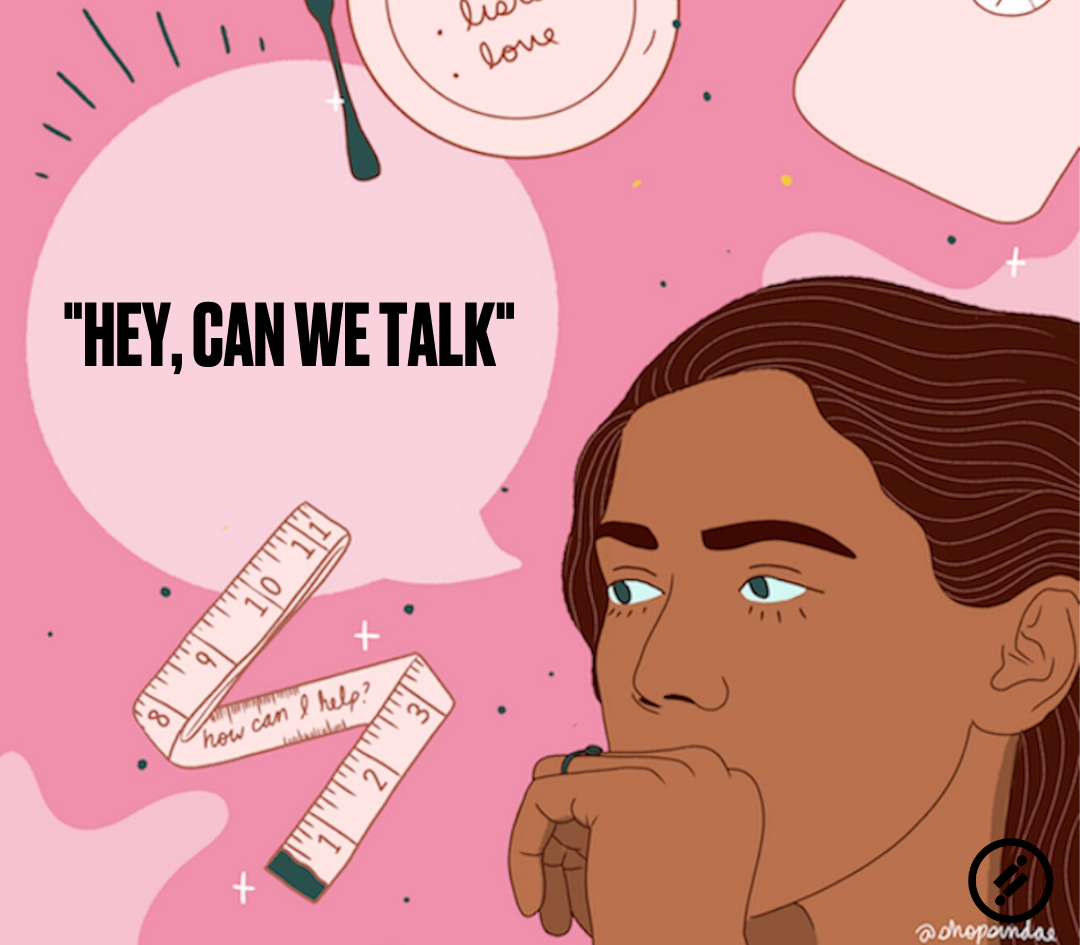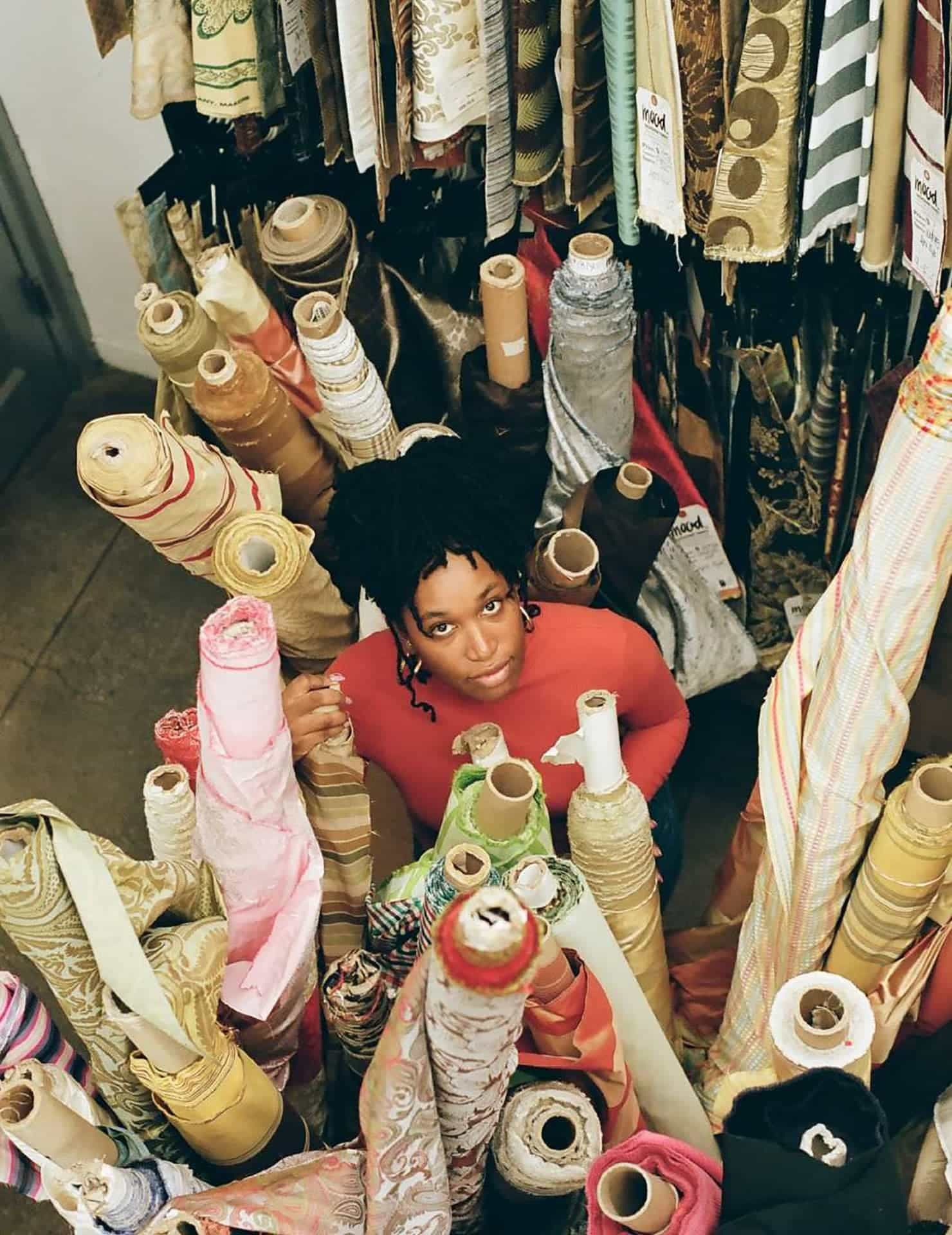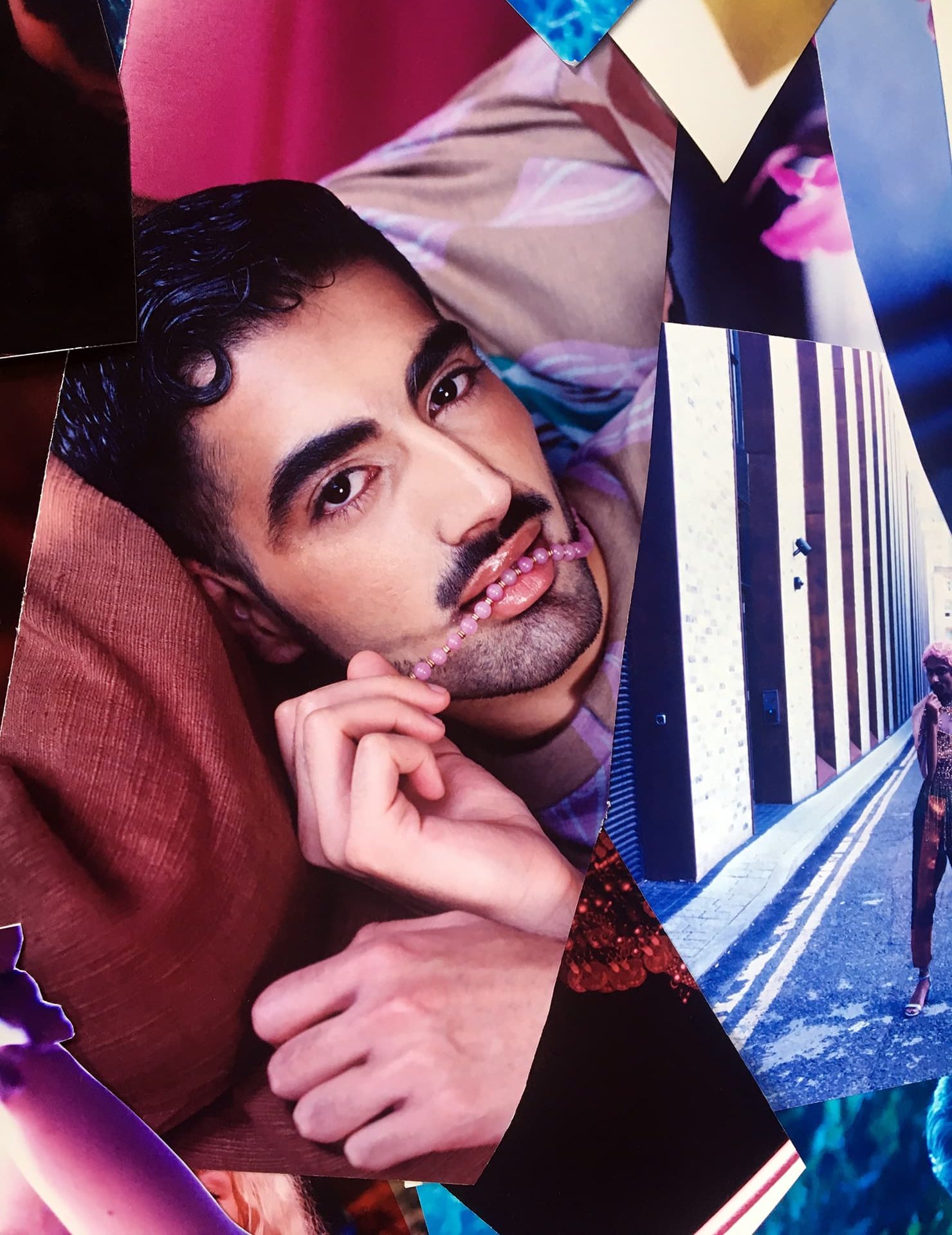As a mental health and recovery advocate, I talk about eating disorders a lot. And as someone who’s struggled with anorexia herself, I’m intimately familiar. I’m a speaker, writer, activist, future therapist and an ambassador for the National Eating Disorders Association (NEDA).
The more I do this work, the more I realize that while there’s a lot of information out there surrounding eating disorders, much of that information is clinical and impersonal. It can be difficult to translate symptoms listed in the DSM into real life scenarios. Because after all, what good is all that information if you can’t apply it?
I’m here to offer some practical (and hopefully helpful) ways of understanding, identifying and supporting a friend or loved one affected by an eating disorder (ED).
First things first, expand your knowledge of ED’s – There’s more than just anorexia and bulimia.
While anorexia and bulimia are the most represented in mainstream media, they’re not the only ones. There are many different types of eating disorders and various, complicated and comorbid ways eating disorder symptoms appear. While no two people struggling with an eating disorder will share all the same symptoms and signs, here are some things to look out for* in a friend:
- Preoccupation with weight, food, calories, carbohydrates, fat grams and dieting.
- Food rituals (e.g. eats only a particular food or food group [e.g. condiments], excessive chewing, doesn’t allow foods to touch).
- Any new practices with food or fad diets, including cutting out entire food groups (no sugar, no carbs, no dairy, vegetarianism/veganism).
- Extreme concern with body size and shape.
- Skipping meals or taking small portions of food at regular meals.
- Withdrawal from usual friends and activities.
- Extreme mood swings.
- Difficulties concentrating.
- Menstrual irregularities — missing periods or only having a period while on hormonal contraceptives (this is not considered a “true” period).
- Cuts and calluses across the tops of finger joints (a result of induced vomiting).
- Dry skin and hair, brittle nails, dental problems, such as enamel erosion, cavities and tooth sensitivity.
* This list is not a checklist, but rather a sample of the many warning signs associated with eating disorders — for a more detailed list (broken down by eating disorder type) click here.
Eating disorders don’t only affect people’s relationship to food.
We’ve been conditioned to think that eating disorders only affect someone’s relationship to food and eating, but there are so many other aspects of a person’s life that are impacted, including:
- Grocery shopping. Imagine trying to buy food for yourself in recovery and seeing countless foods with the calories and nutritional info braggingly plastered on the front, marketed as “healthier options” or as “guilt-free.” (I’m looking at you, Trader Joe’s.) I can’t tell you the number of people I know who would list grocery shopping as one of their most stressful and emotionally exhausting tasks.
- Clothes shopping. Eating disorders create a hyper-focused (and often distorted) view of one’s body. And frequently, as thoughts and behaviors change, recovery can result in — or require — weight and body changes as well. Combine that with our culture’s worship of thinness and the sorely lacking availability of plus size clothing, and you get an incredibly stressful experience. What happens if someone’s recovery body (the size/weight one’s body wants to be at without disordered behaviors or other modifications) is larger than the sizes carried by the store they’re shopping in? When 68% of American women wear a size 14 or above (plus size) but only 2.3% of women’s apparel is offered in plus sizes, the math is pretty simple: most stores aren’t representative of the demographic shopping there.
- Sexuality and intimacy. Emerging studies have shown that eating disorders, notably anorexia nervosa, affect women’s sexuality – and it’s incredibly common. Whether it’s the starvation, the depression or a combination of factors (including co-occuring disorders, trauma, etc), women with anorexia not only have been shown to have significantly lower sex drive functioning, but also struggle with isolation and shame as a result. (Struggles with sexuality and intimacy are, of course, not limited only to people with anorexia, but very little research has been done in this area — here’s to more!)
Know what not to do.
Sometimes the best support you can offer someone is simply understanding the ways in which you could (inadvertently) harm a friend in recovery, and making an effort not to do those things.
- Refrain from talking about food in terms of good and bad, listing calories, extreme workouts or contributing to / encouraging diet talk.
- Avoid focusing on food or eating in general.
- Don’t comment on appearance in any way (yours or anyone else’s).
- Unlearn anti-fat “compliments” (“you’re not fat, you’re beautiful” implies that someone can’t be both).
- Try not to normalize disordered thoughts and/or behaviors (“oh yeah I do that / feel like that too”) or reinforce eating disorder stereotypes (“I thought only rich white girls had eating disorders”).
- Don’t show shock, disgust or judgement, or make oversimplified recommendations (“Why don’t you just eat/stop eating”).
- Check your assumptions that because someone is in recovery that they’re “all better now.”
You won’t always know what to say, and that’s okay! If you’ve said some of these things before, you’re only human — one person’s comments don’t make someone develop an eating disorder. But doing what you can to eliminate potentially harmful situations for your loved one is a huge step.
Understand that you’re not going to get it right all the time.
Maybe this is cliched, but I’m going to say it anyway: no one is perfect. I’m not perfect, your therapist isn’t perfect, that activist you follow on Instagram isn’t perfect, and (that’s right) you’re not perfect either. We all say and do the wrong thing sometimes, because we’re all imperfect humans trying to make sense of a flawed and oppressive world.
It’s okay not to know what to say or do, whether someone close to you has an eating disorder or if you’re struggling yourself. The point is, you’re here, you care, and you’re willing to learn. There are wonderful resources on the NEDA website, including guides and screening tools, and many other activists have created helpful templates for how to reach out when you’re struggling with your mental health. And if you need someone to talk to, either to talk about being a support or for support yourself, the NEDA helpline at (800) 931 – 2237 is full of people trained and ready to talk you through it (they also offer click-to-chat messaging).





